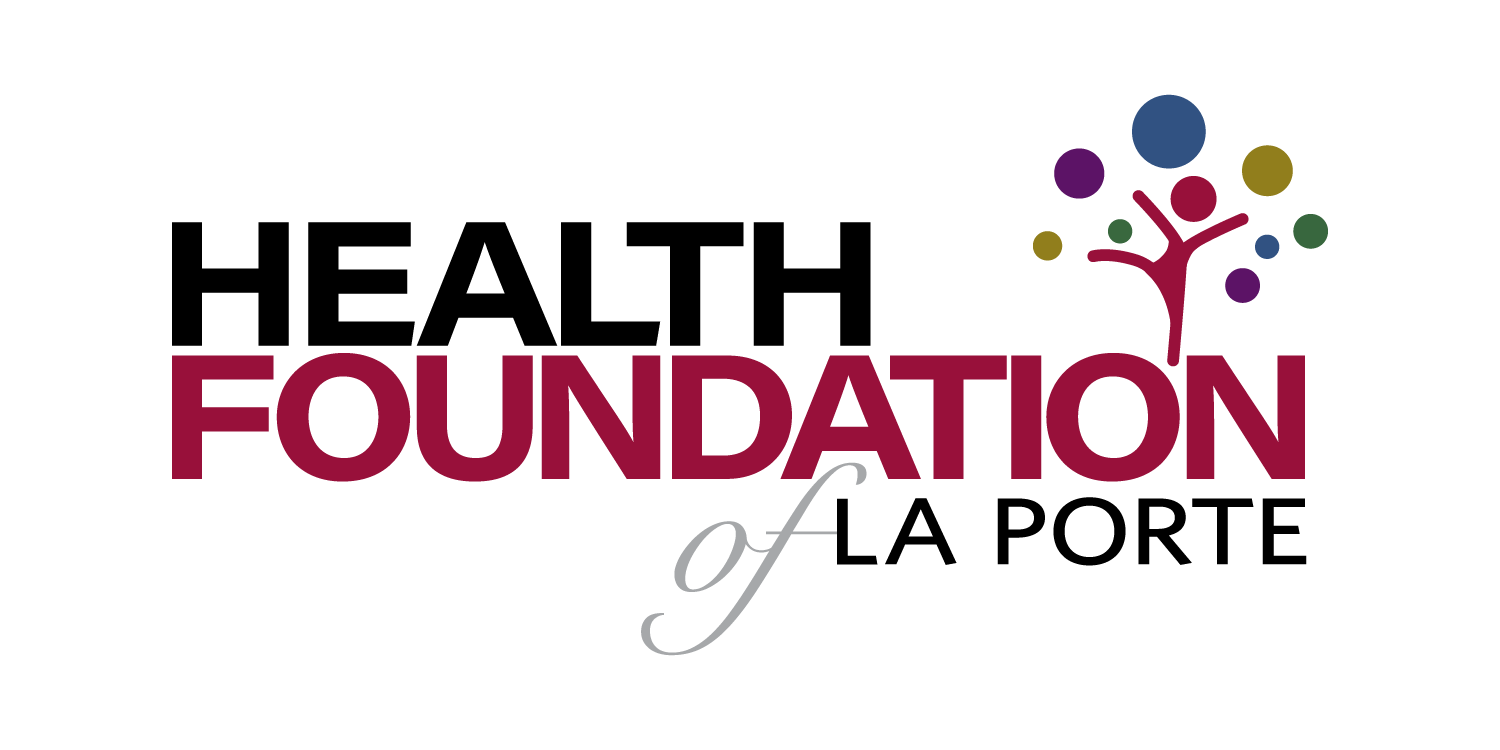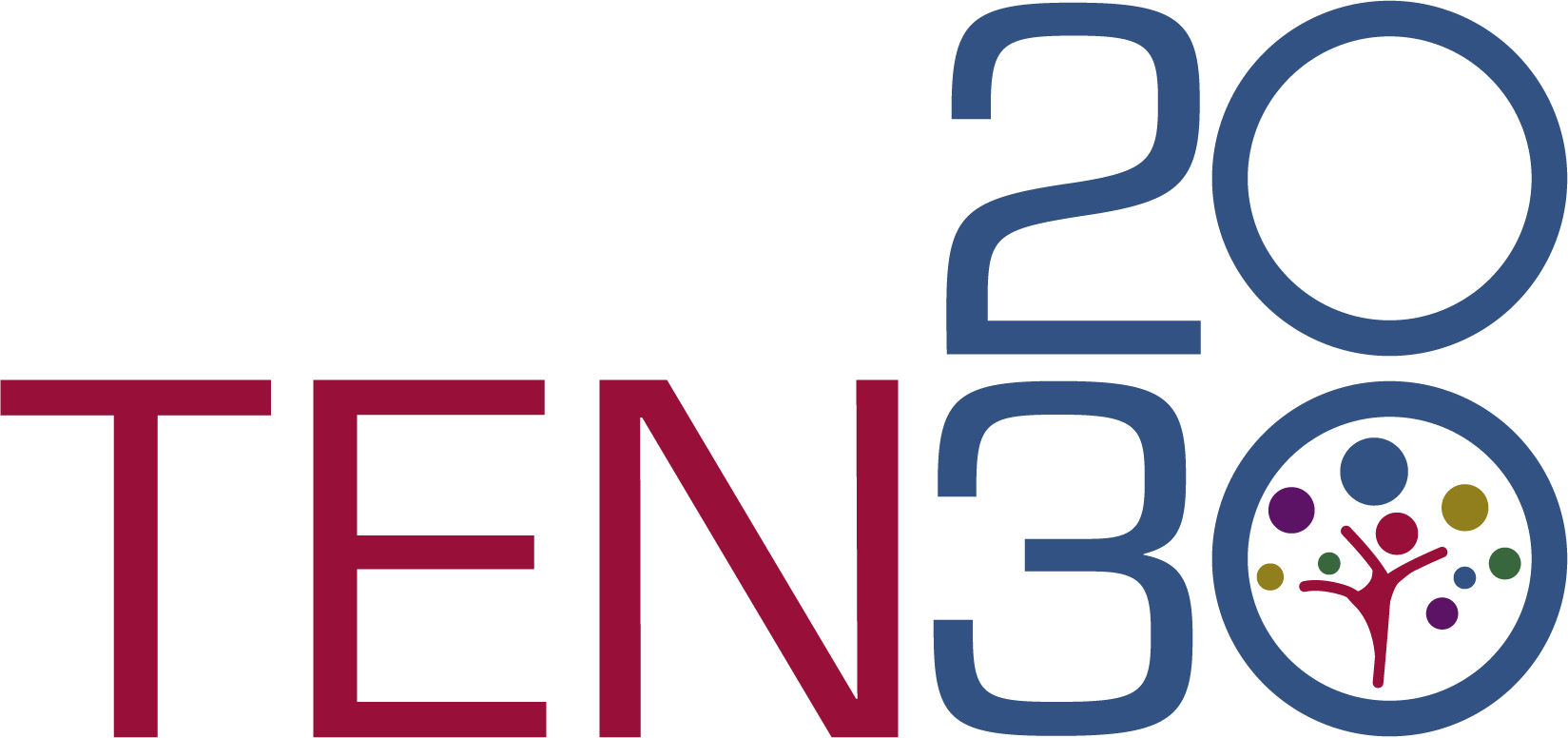Promising Practices
The Promising Practices database informs professionals and community members about documented approaches to improving community health and quality of life.
The ultimate goal is to support the systematic adoption, implementation, and evaluation of successful programs, practices, and policy changes. The database provides carefully reviewed, documented, and ranked practices that range from good ideas to evidence-based practices.
Learn more about the ranking methodology.
Filed under Evidence-Based Practice, Health / Adolescent Health, Teens, Urban
Goal: The goal of the Teen Health Project is to provide adolescents with the skills necessary to prevent HIV risk behaviors.
Impact: The Teen Health Project shows that community-level interventions that include skills training and engage adolescents in neighborhood-based HIV prevention activities can produce and maintain reductions in sexual risk behavior, including delaying sexual debut and increasing condom use.
Filed under Evidence-Based Practice, Health / Adolescent Health, Teens
Goal: The program aims to develop healthy behaviors, life skills, and a sense of purpose in order to prevent problem behaviors.
Impact: Studies have shown that adolescents in the Teen Outreach Program are at 52% lower risk of school suspension, 60% lower risk of course failure, and 53% lower risk of teenage pregnancy.
Filed under Evidence-Based Practice, Health / Adolescent Health, Teens, Men, Urban
Goal: The goal of this intervention is to reduce high-risk behavior among African American youth as measured by student self-reports of violence, provocative behavior, school delinquency, substance use, and sexual behaviors (intercourse and condom use).
Impact: AAYP reduced rates of risky behaviors among male African American youth.
Filed under Evidence-Based Practice, Health / Mental Health & Mental Disorders, Teens, Adults
Goal: The Connect Project is a community-based youth suicide prevention program that works to develop a shared knowledge and understanding of suicide prevention within a community.
Filed under Evidence-Based Practice, Health / Alcohol & Drug Use, Children, Teens
Goal: The goal of the program is to treat adolescents with drug and behavioral problems using an individualized counseling method incorporating the Seven Challenges.
Filed under Evidence-Based Practice, Health / Adolescent Health, Teens, Adults, Urban
Goal: The goal of Together Learning Choices was to help HIV-infected youth increase their use of health care, decrease drug and alcohol use and risky sexual behaviors, and improve their quality of life.
Impact: Together Learning Choices (TLC) showed that prevention programs can effectively reduce risk acts among HIV-infected youths.
Filed under Evidence-Based Practice, Health / Alcohol & Drug Use, Teens
Goal: This program is designed to reduce students' intentions to use alcohol, tobacco, and illegal drugs.
Impact: Studies show that the program significantly reduces the proportion of students with intentions to drink alcohol and smoke. Participants also showed significantly increased use of personal and social skills, increased engagement in prosocial behaviors, and decreased engagement in inappropriate social behaviors.
Filed under Evidence-Based Practice, Health / Physical Activity, Teens, Urban
Goal: The goal of the TACOS program was to use an environmental intervention to increase the availability and consumption of lower-fat foods in a la carte areas of secondary school cafeterias.
Impact: The TACOS program successfully increased both the availability and sale of lower-fat foods in a la carte areas of secondary school cafeterias.
Filed under Evidence-Based Practice, Health / Children's Health, Adults, Women, Men, Families, Urban
Goal: The goal of With All Families: Parents is to support pediatric care visits and improve child welfare by using screening tools and individual parent coaching to identify and address social determinants of health. Specific program objectives are to improve family functioning generally while specifically focusing on improving protective factors and economic-self-sufficiency. As part of the program, staff also work with families to increase parent concrete support and connect parents to needed physical health, behavior health, and educational resources for their child.
Research supports the benefits of using the strategies employed by With All Families: Parents (i.e., screening, resource navigation, and parent coaching) to improve family welfare by addressing underlying risk factors related to poverty and access to resources. For example, programs designed to provide screening and resource navigation support are associated with reduced social needs, improved child health and decreased child hospitalization visits. In light of evidence suggesting that social factors may in fact play a larger role in determining one’s health than medical care, programs that target these social factors, such as With All Families: Parents, are becoming increasingly important.
References
Garg, A., Toy, S., Tripodis, Y., Silverstein, M., & Freeman, E. (2015). Addressing social determinants of health at well child care visits: a cluster RCT. Pediatrics, 135(2), e296-e304.
Gottlieb, L. M., Hessler, D., Long, D., Laves, E., Burns, A. R., Amaya, A., ... & Adler, N. E. (2016). Effects of social needs screening and in-person service navigation on child health: a randomized clinical trial. JAMA pediatrics, 170(11), e162521-e162521.
Pantell, M. S., Hessler, D., Long, D., Alqassari, M., Schudel, C., Laves, E., ... & Gottlieb, L. M. (2020). Effects of in-person navigation to address family social needs on child health care utilization: a randomized clinical trial. JAMA network open, 3(6), e206445-e206445.
Braveman, P., & Gottlieb, L. (2014). The social determinants of health: it's time to consider the causes of the causes. Public health reports, 129(1_suppl2), 19-31.
Filed under Evidence-Based Practice, Health / Immunizations & Infectious Diseases, Teens, Racial/Ethnic Minorities
Goal: The goal of Cuídate is to reduce HIV transmission among Latino youth through culturally tailored programming.

